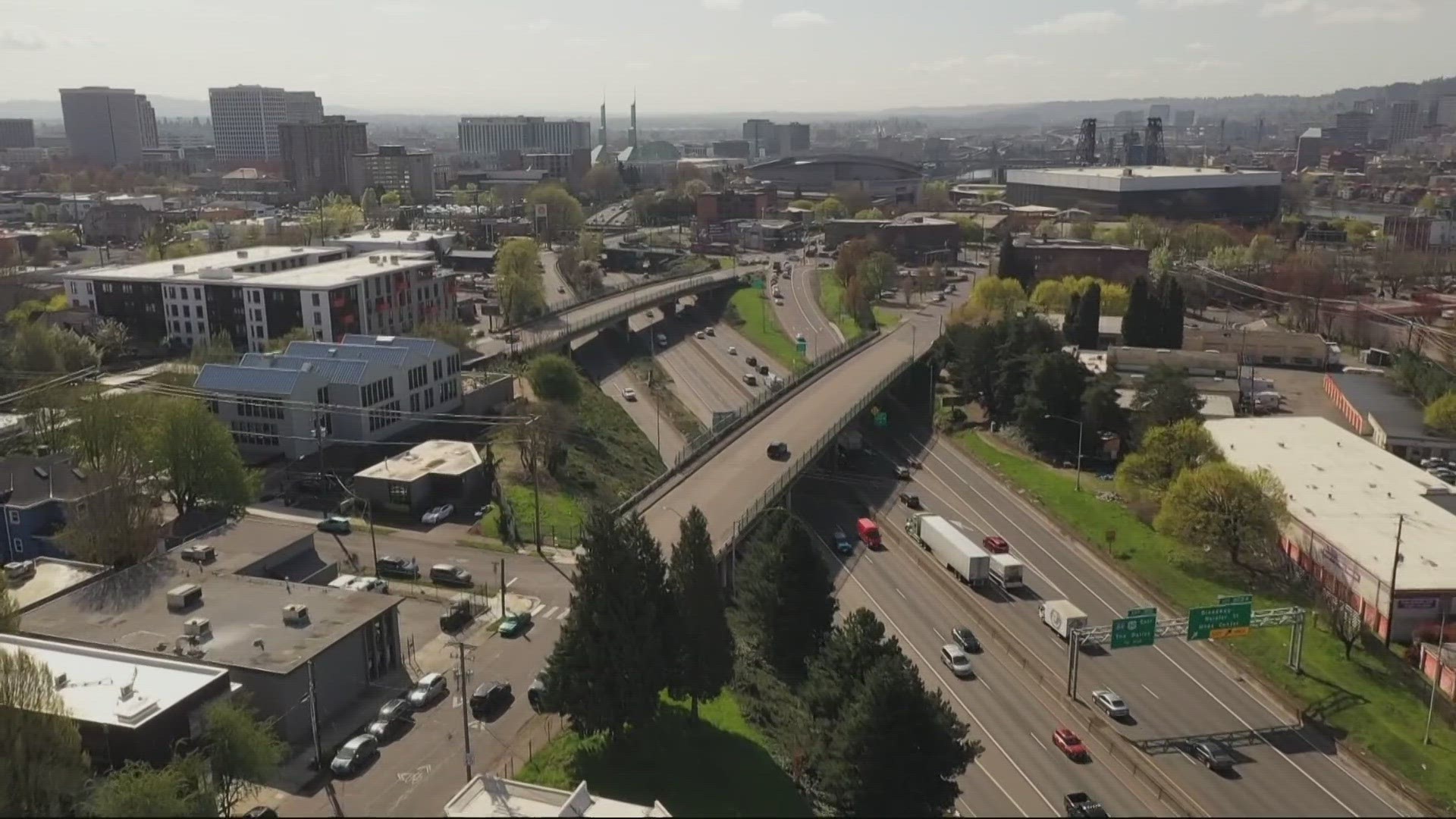PORTLAND, Ore. —
Our changing climate is affecting nearly every facet of life in every corner of the country, according to the Fifth National Climate Assessment, released by the Biden administration on Tuesday.
The expansive report details how carbon dioxide accumulating in the atmosphere, mostly from the burning of fossil fuels, is warming the planet and causing more intense heat waves, wildfires and droughts.
“We have more evidence and more certainty that the changes that we're seeing are because of human activities,” said Deepti Singh, an assistant professor at Washington State University’s School of the Environment and a contributing author of the report.
There is more carbon dioxide in the atmosphere than at any time in the last 800,000 years, according to the report. That carbon acts like a blanket, trapping heat and intensifying extreme weather events.
“Many of the climate conditions and impacts people are experiencing today are unprecedented for thousands of years,” the report says.
Singh also pointed out that the Earth is seeing the “cascading and compounding” effect of multiple extreme weather events. In 2020, Oregon was rocked by unprecedented wildfires, followed by an ongoing drought, which was followed by the record-shattering heat dome of 2021.
“Many communities across the U.S., and including here in the Pacific Northwest, are being impacted by extreme weather events back-to-back,” Singh said. “That doesn't leave communities time to recover and cope with these events, and it's depleting the emergency management resources that we have.”
But perhaps most importantly, Singh said the burdens of these weather extremes aren’t distributed evenly.
“We're not all experiencing the impacts of climate change equally,” Singh said. “Low-income communities, communities of color and Indigenous communities are disproportionately affected by the changes that we're experiencing.”
And these vulnerable communities have often contributed the least to climate change.
“They're consuming less resources, and yet, the exposure that they experience to climate hazards, partly because of where they're located and because of their limited access to healthcare and to resources to respond does make them more vulnerable,” said Singh.
There was some good news tucked into the report, though. Between 2005 and 2019, the U.S. cut its carbon emissions by 12%, mostly by burning less coal to produce electricity.
Still, that kind of reduction in greenhouse gases is far from the trajectory science has shown will be needed to keep the world from warming by 2 degrees Celsius over pre-industrial temperatures.
“If we want to reduce our emissions, and we want to limit our warming to about 2 degrees Celsius — which is what is consistent with our commitment to the Paris Climate Agreement —we need to be getting to net zero by the mid-21st century,” said Singh. “That's by 2050, and we are not on track to do that.”

